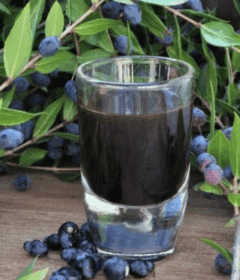Red Wine Supports Good Health
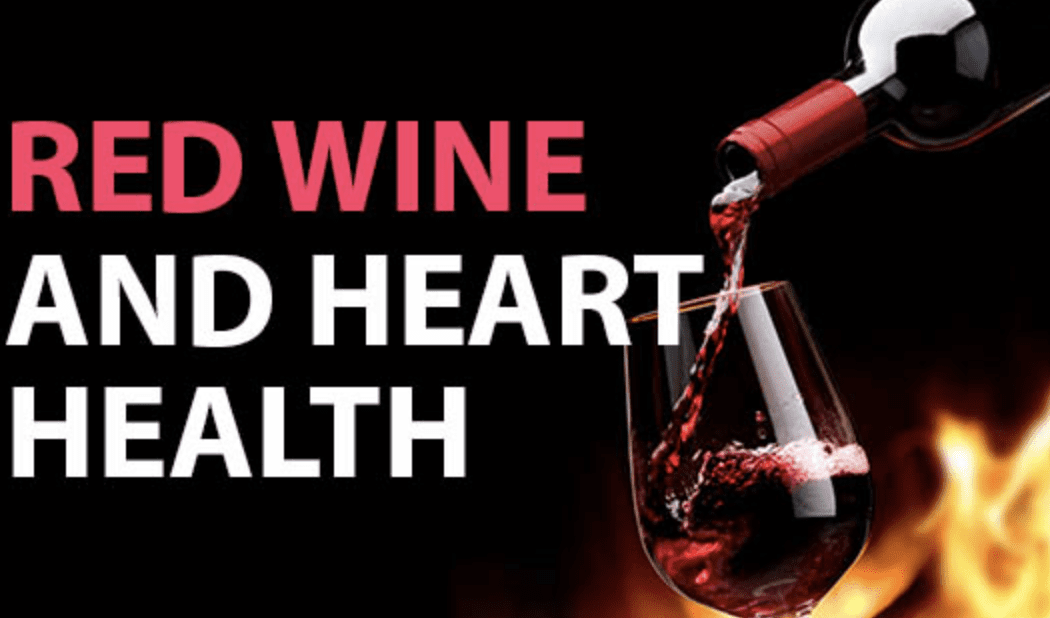
Red Wine Supports Good Health – Red wine contains powerful antioxidants, and many sources claim that drinking it may be good for health.
However, drinking too much red wine may cause problems.
Although there are no official recommendations around these benefits, a 2018 study notes that drinking red wine in moderation has positive links with:
cardiovascular disease
atherosclerosis
hypertension
certain types of cancer
type 2 diabetes
Red wine may have health benefits because of its antioxidant, anti-inflammatory, and lipid-regulating effects.
Red wine, which people make from crushed dark grapes, is a relatively rich source of resveratrol, a natural antioxidant in the skin of grapes.
Antioxidants reduce oxidative stress in the body.
Oxidative stress has clear links with many diseases, including cancers and heart disease.
There are many healthful antioxidant-rich foods, including fruits, nuts, and vegetables.
Whole grapes and berries are better sources of resveratrol than red wine, and because of the health risks linked with drinking alcohol, getting antioxidants from foods is likely to have more health benefits than drinking wine.
People may need to drink a lot of red wine to get enough resveratrol to have an effect.
However, this can do more harm than good.
That said, when choosing between alcoholic beverages, red wine may be a better choice than white wine or hard liquor.
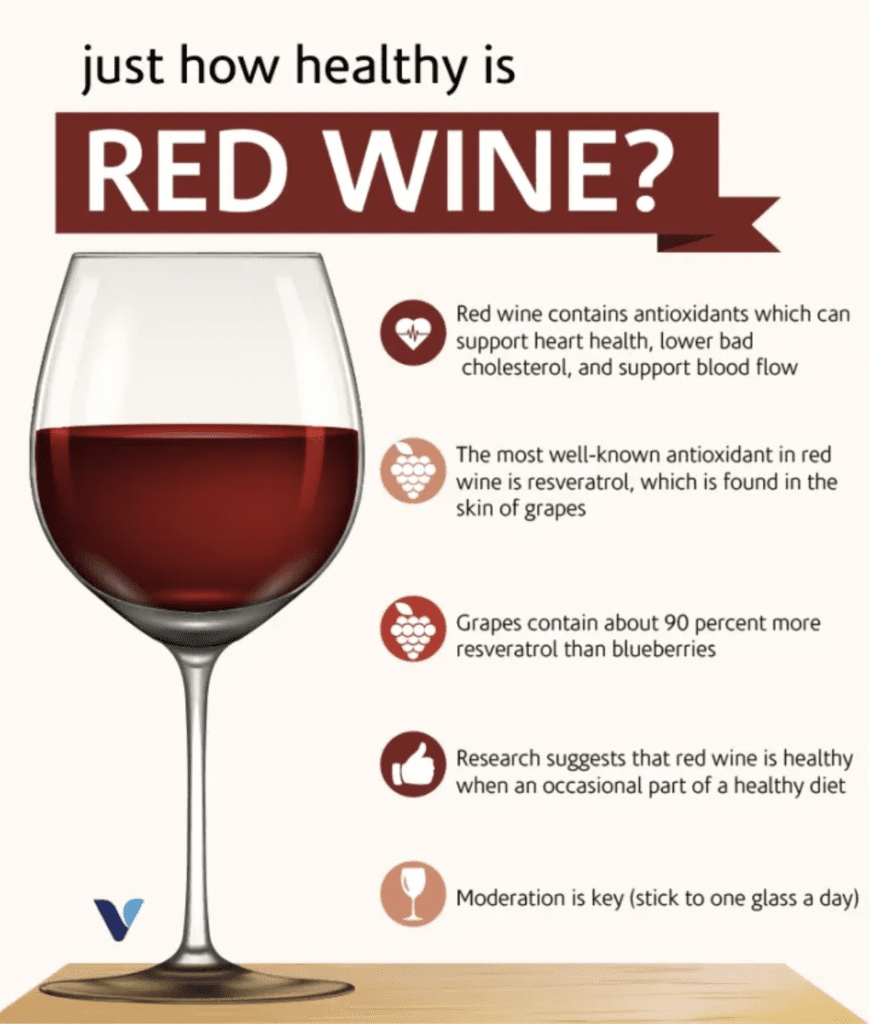
Red Wine Supports Good Health
Drinking red wine in small doses is better for you than not drinking at all.
It might come as a surprise, but several human trial studies have shown moderate red wine consumption to be better for you than not drinking.
The antioxidants found in red wine lower incidences of cardiovascular disease, mortality, and type-2 diabetes.
Of course, if you drink more than you’re supposed to, the benefits are replaced by increased health risks.
So, do yourself a favor, drink red wine in moderation.
Red Wine Supports Good Health – Red Wine’s Health Benefits Come From Tannin
Pretty much everything in wine that’s not alcohol or water is a type of polyphenol.
Polyphenols include tannin, color pigment, wine aromas, resveratrol, and about 5,000 other plant compounds.
Of these polyphenols, the most abundant in wine for health reasons are Procyanidins, which are a type of condensed tannin also found in green tea and dark chocolate.
This compound is specifically associated with inhibiting cholesterol plaque in blood vessels, which is highly beneficial to heart health and longevity.
Red Wine Supports Good Health – Some Red Wines Are Better For You Than Others
Not all red wines are the same. Some wines have significantly higher levels of “good for you stuff” than others (condensed tannins–see above).
For example, Cabernet Sauvignon has more condensed tannins than Pinot Noir, but both wines have much less than Tannat, Petite Sirah, or Sagrantino.
While it’s rather difficult to determine which wines are best, here are some clues:
Dry Red Wines Are Better Than Sweet Wines.
Red wines with lower alcohol (preferably below 13% ABV) are better than high alcohol wines.
Red wines with higher tannin (those that are more astringent) are better than low tannin wines.
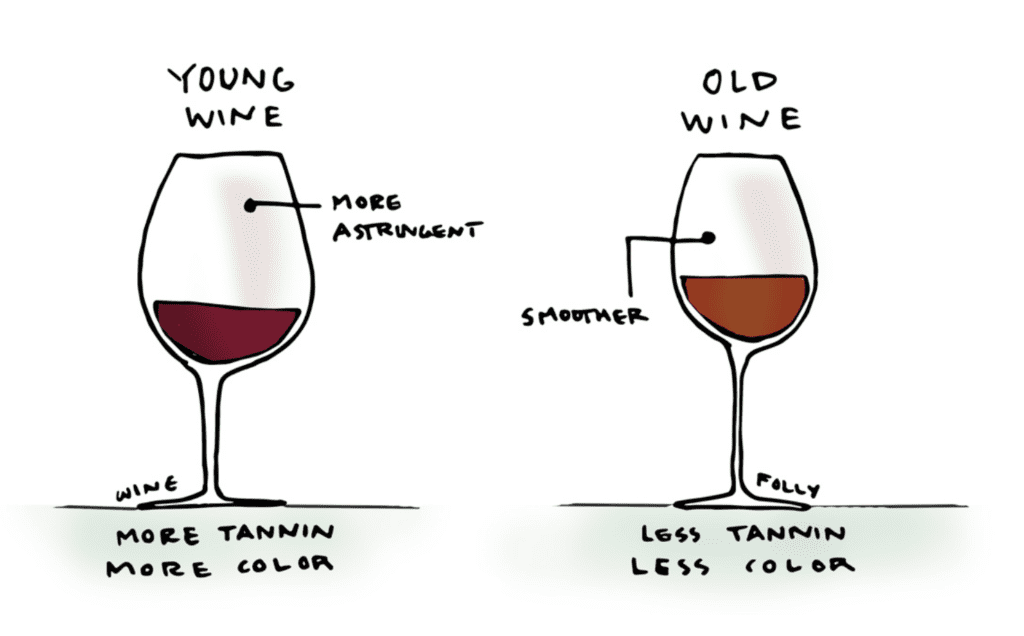
Red Wine Tannins Supports Good Health
We’ve been told for years that old wines are the best wines.
Some wines taste better when well-aged, but when it comes to the health aspects of wine, old wine isn’t as good.
Young red wines contain higher tannin levels than any other type of wine.
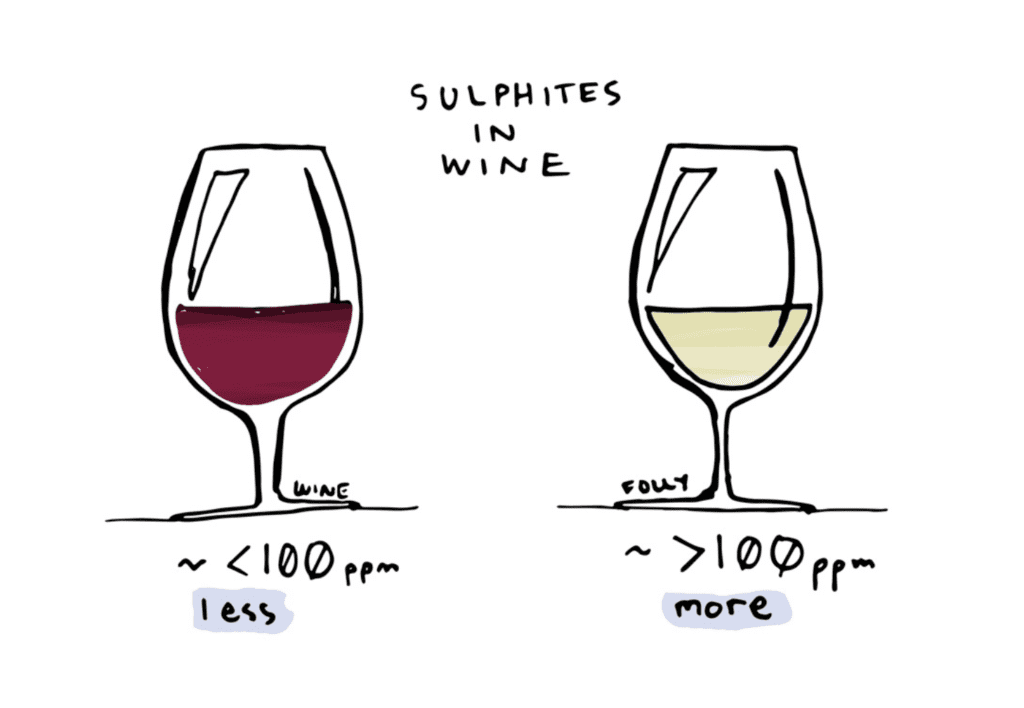
Red Wine Contains Less Sulfites and That Supports Good Health
Red wines commonly contain less sulfites than white wines.
In general, sulfite levels in red wines are lower than white wines.
This is because red wines tend to be more chemically stable than white wines and do not degrade as quickly.
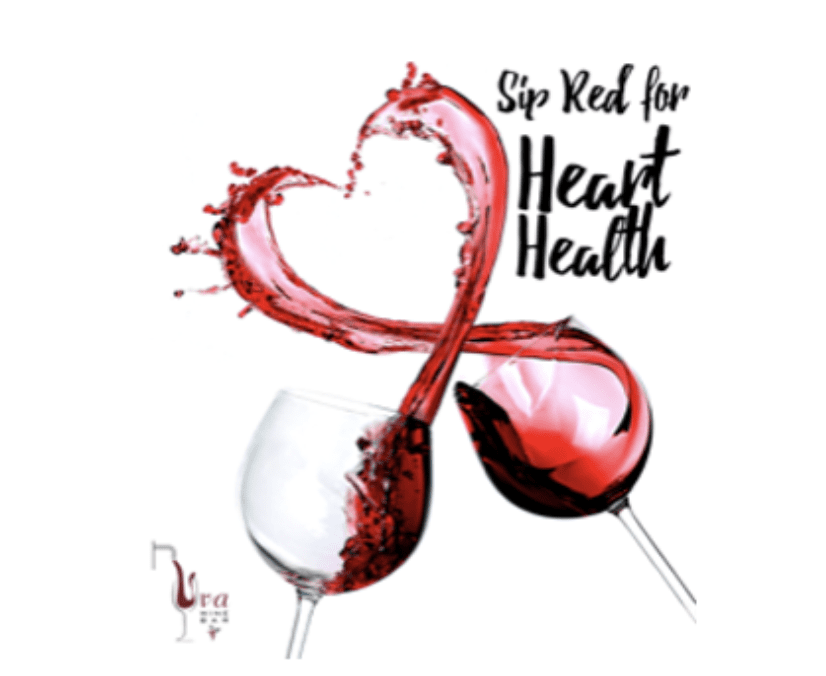
Red Wine Supports Good Cardiovascular Health
Many studies have shown a positive link between moderate red wine drinking and good heart health.
Recently, a 2019 review reported that drinking red wine is linked with a lower risk of coronary heart disease, which is a leading cause of disease and death in the United States.
The authors concluded that red wine might have cardioprotective effects.
However, the American Heart Association (AHA) states that it is unclear if there is a cause-and-effect relationship, and other factors may play a role.
For example, people who drink red wine in moderation may also follow a more healthful lifestyle or eat a Mediterranean diet.
The AHA also explains that excess alcohol can directly harm the heart.
To stay safe, people should follow official guidelines from the Centers for Disease and Prevention (CDC)Trusted Source, which define moderate drinking as:
1 glass of wine per day for females
2 glasses of wine for males
One glass of wine is 5 ounces (oz) of 12% alcohol by volume.

Red Wine Supports Good Gut Health
A 2018 study reported that red wine and grape polyphenols might improve gut microbiota, contributing to a healthy gut.
This is because red wine polyphenols may also act as prebiotics, which are compounds that boost healthy gut bacteria.
However, the research is limited, and doctors need more evidence before understanding the true effects of red wine on gut health.

Red Wine Supports Good Health & Type 2 diabetes
One 2015 study has shown that drinking a glass of red wine with dinner “modestly decreases cardiometabolic risk” in people with type 2 diabetes and found that a moderate red wine intake is usually safe.
The scientists believe that the ethanol in wine plays a crucial role in metabolizing glucose and that the nonalcoholic ingredients may also contribute.
However, more research is necessary to confirm the findings.
Furthermore, a 2018 meta-analysis found that moderate wine consumption did not reduce glucose parameters and other cardiovascular risk factors among people with type 2 diabetes.
Therefore, anyone with diabetes should check with their doctor before drinking alcohol.
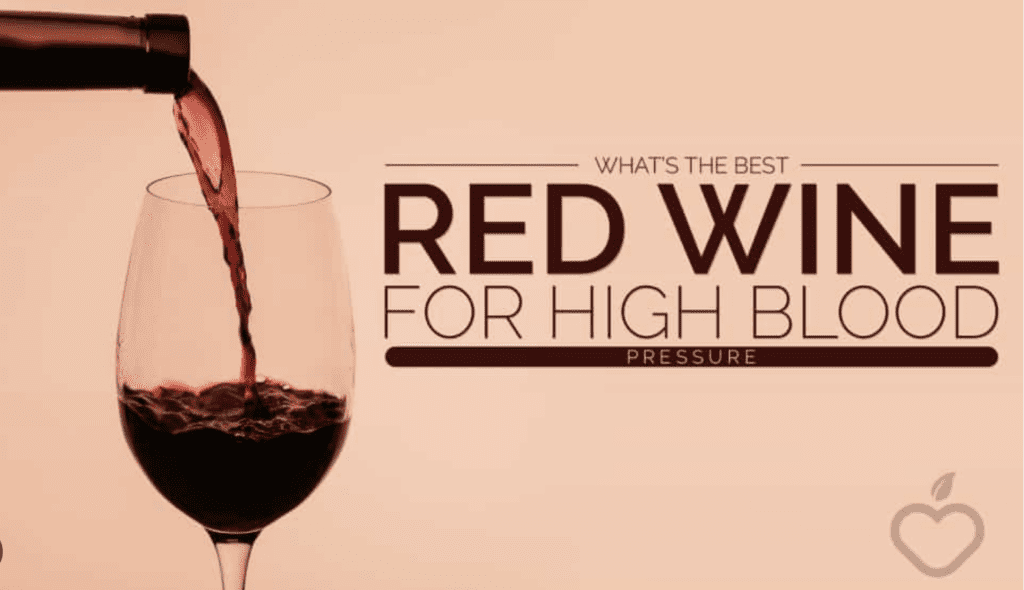
Red Wine Supports Reduced Blood Pressure for Good Health
According to the AHA, resveratrol may reduce blood pressure and increase high-density lipoprotein (HDL) cholesterol levels.
A 2021 meta-analysis concluded that red wine compounds called procyanidins help keep the blood vessels healthy.
Many people find alcoholic drinks to be relaxing.
However, studies published in 2017 and 2021 indicated that grape products and whole red grape juice could also reduce blood pressure.
These could be more healthful options.
That being said, it is important to note that drinking too much alcohol can still cause high blood pressure, arrhythmia, or an irregular heart rhythm.
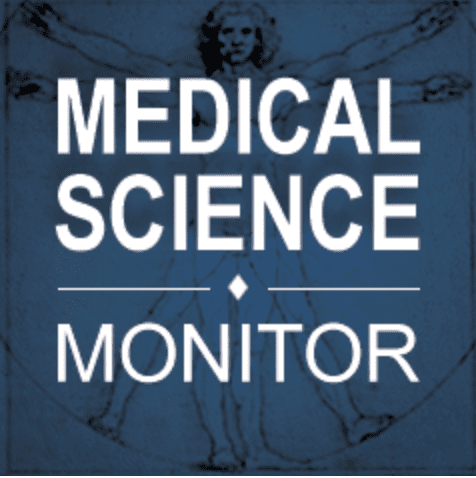
Red Wine Supports Good Health After a Stroke
A 2015 review reported that resveratrol might help protect against secondary brain damage after a stroke or central nervous system injury.
This is due to its positive effects on inflammation, oxidative stress, and cell death.
A 2018 study found that resveratrol reduced oxidative stress and cell death in rats with traumatic brain injury.
However, both studies demonstrated the effects of resveratrol specifically rather than red wine.

Red Wine May Supports Good Health by Preventing Vision loss
Research shows that resveratrol may also help prevent vision loss by reducing inflammation and oxidative stress.
Many forms of age-related eye conditions that cause vision loss involve these factors, including:
glaucoma
cataracts
diabetic retinopathy
macular degeneration

